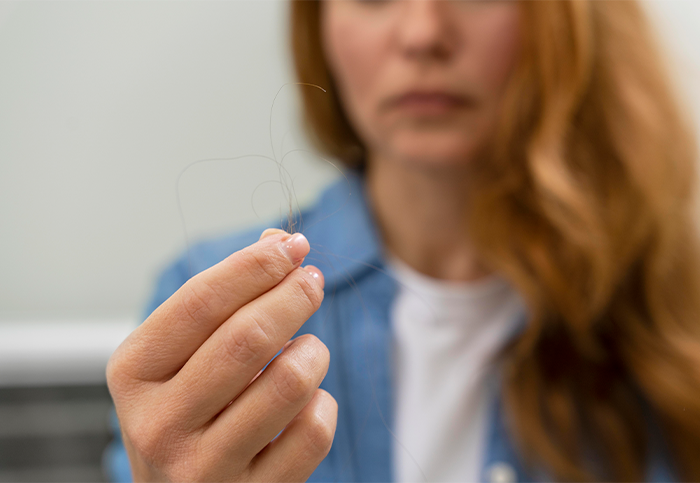Berry Your Way Out of Urinary Tract Infections
Cranberries are tart little bursts of delight, so small they can almost pop in your mouth! Their vibrant hue hints at the powerhouse of antioxidants within.
While cranberries thrive in the cool climates of North America, South Asia seems to have missed out on the berry beauty contest. All we get are mulberries which sounds like a medieval ingredient for potions, and gooseberries which look like green grapes on steroids.

Nevertheless, Cranberries should not be revered only about their taste and appearance; because these small berries are extremely helpful with UTI (Urinary Tract Infections).
A urinary tract infection (UTI) is a collective term for infections that involve any part of the urinary tract. A fun fact about urinary tract infections (UTIs) is that they are often more common in women than men due to anatomical differences. Women have a shorter urethra, which makes it easier for bacteria to reach the bladder.
Cranberries have been used to help prevent urinary tract infections (UTIs). They contain a substance that may stop bacteria from adhering to the bladder walls, potentially helping to prevent bladder infections and other UTIs. This review analyzed 24 studies involving 4,473 participants, comparing cranberry products to control or alternative treatments. There was a trend indicating fewer UTIs in those taking cranberry products compared to those receiving a placebo or no treatment.
Cranberries contain two important compounds that may help prevent bacteria from sticking to the bladder: fructose and proanthocyanidins (PACs). Fructose in cranberry juice can stop a specific type of bacteria from attaching to bladder cells.
PAC are the real reason behind the cranberry’s astringent taste but there is more PACs, these polyphenols found in cranberries, seem to be more effective in preventing certain bacteria, specifically E. coli, from adhering to bladder cells. PACs are gaining interest in the medical field for their potential health benefits. One key feature of PACs is their ability to bind to proteins, which may help block the bacteria's attachment to bladder cells by interfering with the way they stick.

Antibiotics are a common treatment for UTIs, but their use comes with the risk of antibiotic resistance. A more effective approach to managing UTIs may involve a combination of strategies. These include maintaining proper hydration and adopting good hygiene practices. Additionally, consider supplements like Nutrifactor’s Cranflo, which combines cranberry extract with vitamin C for added support.
References
https://pmc.ncbi.nlm.nih.gov/articles/PMC7027998/
https://pubmed.ncbi.nlm.nih.gov/17487930/
https://pmc.ncbi.nlm.nih.gov/articles/PMC4863270/



